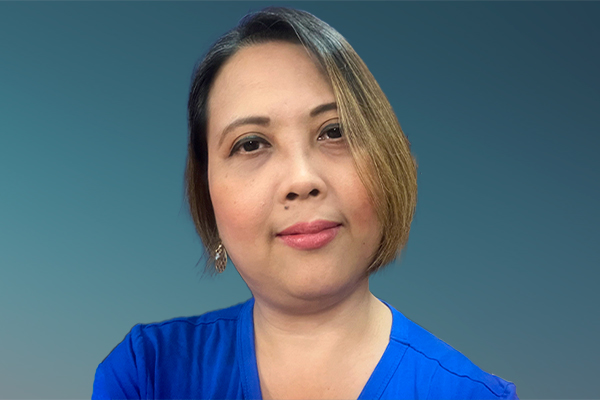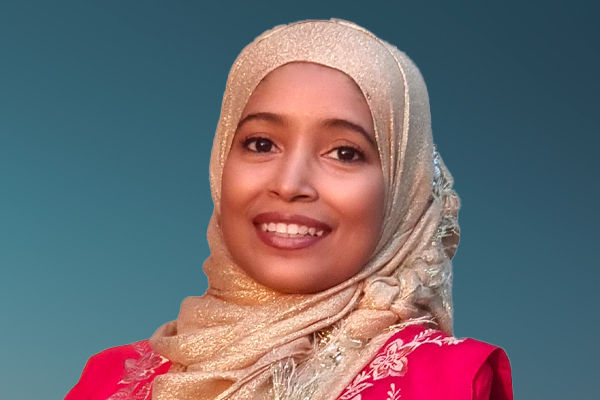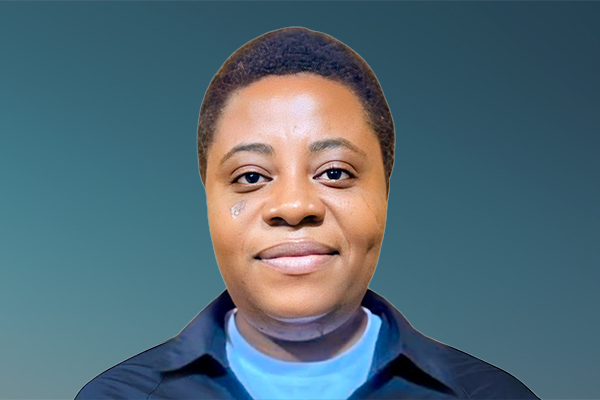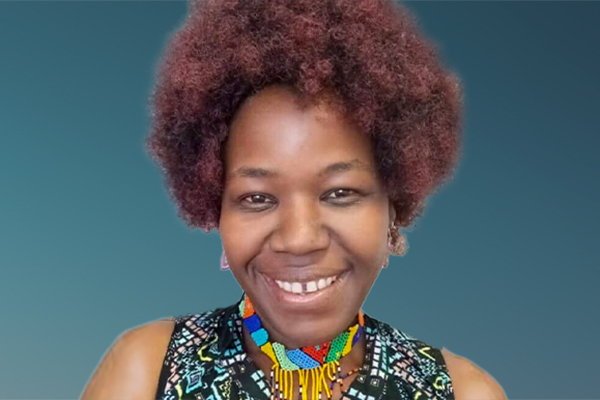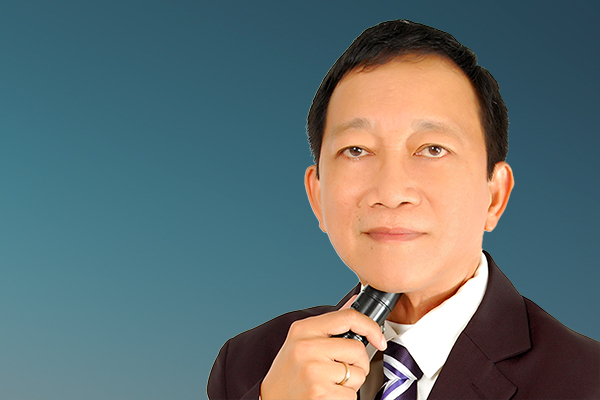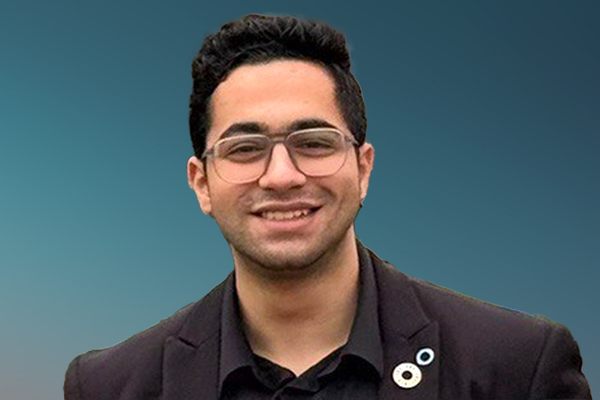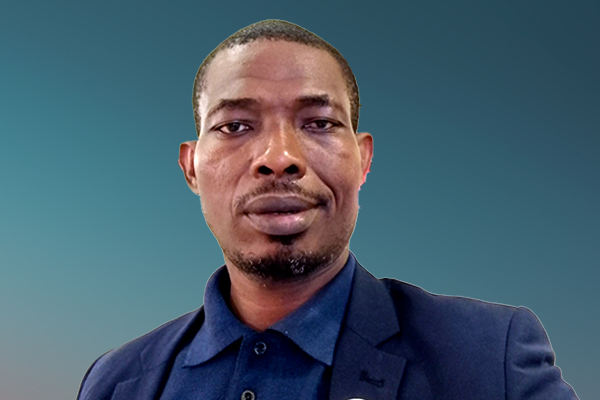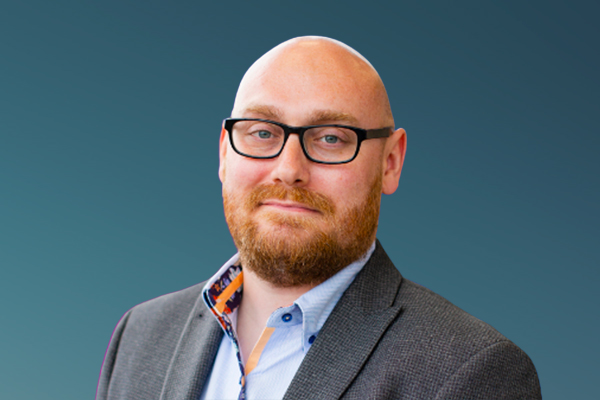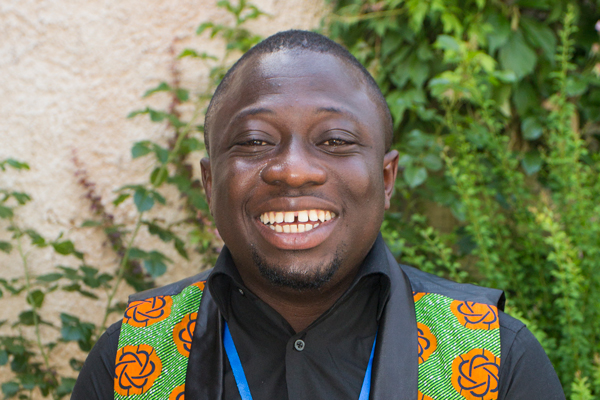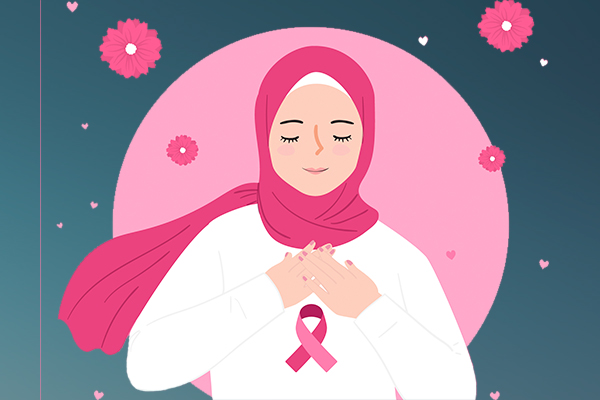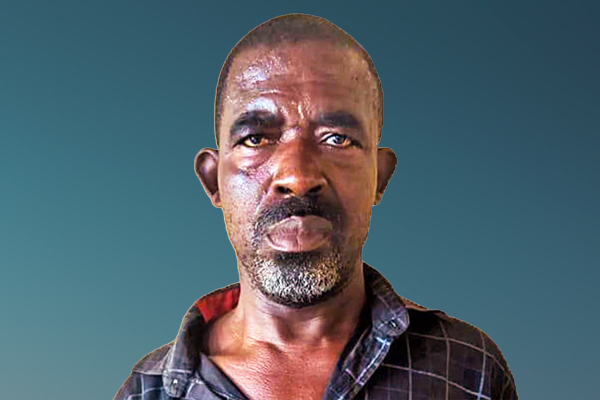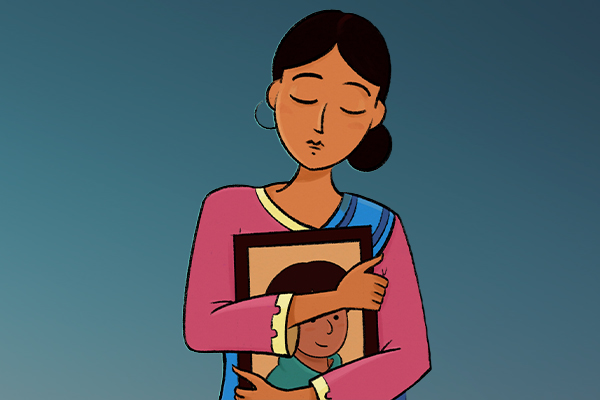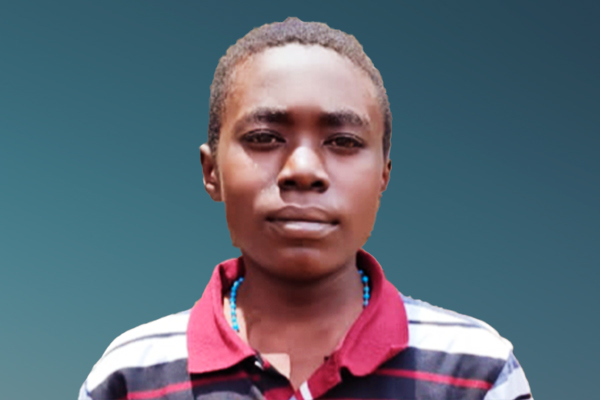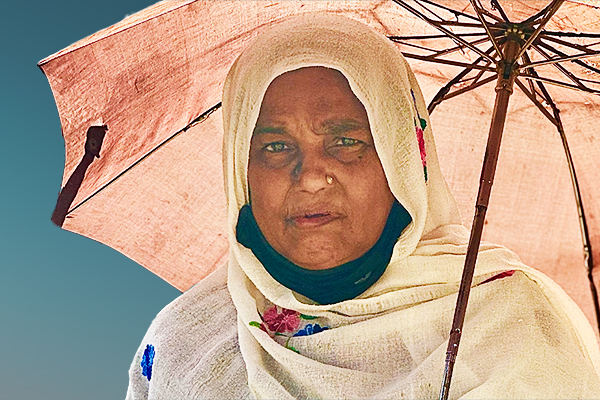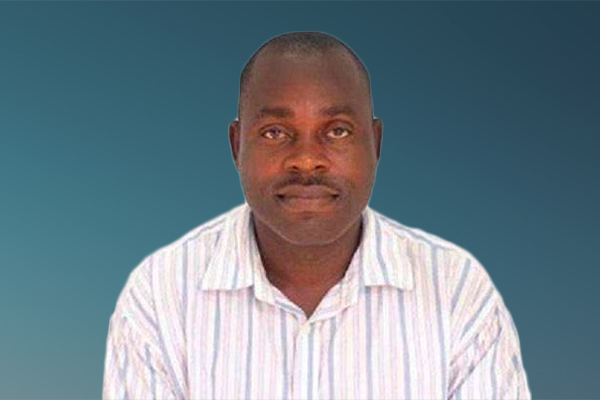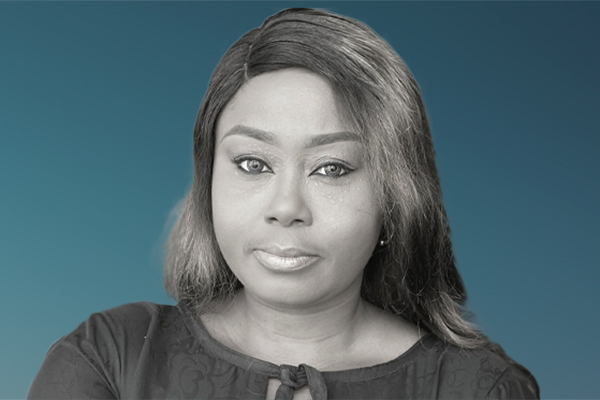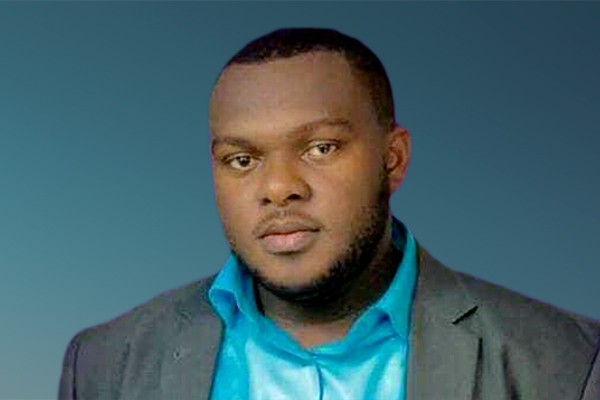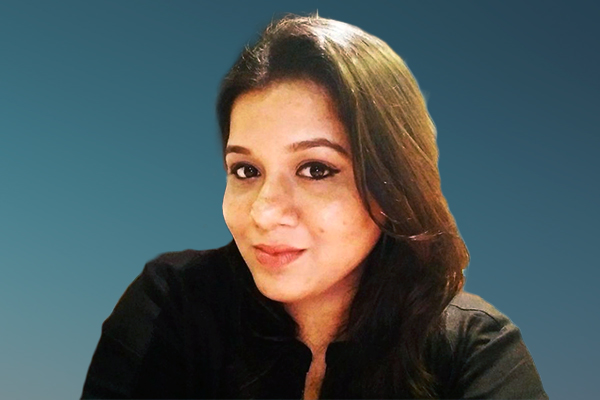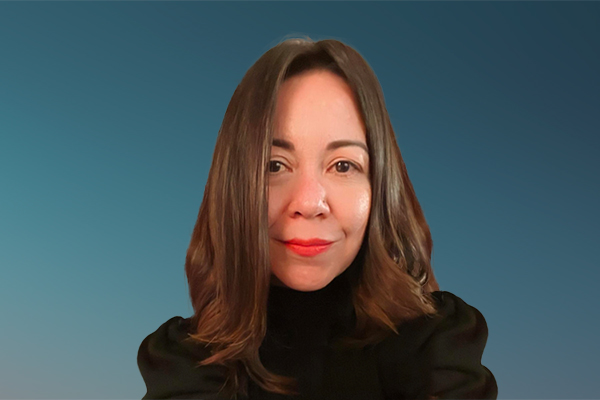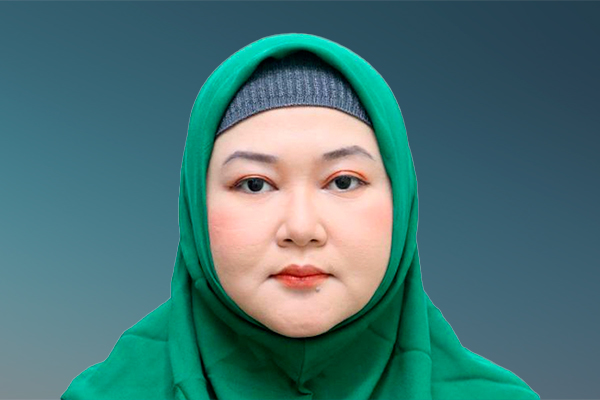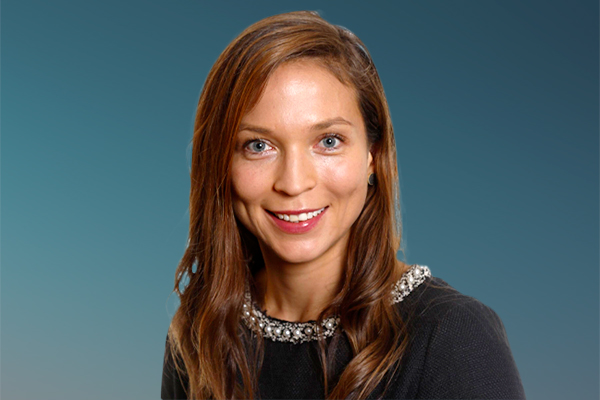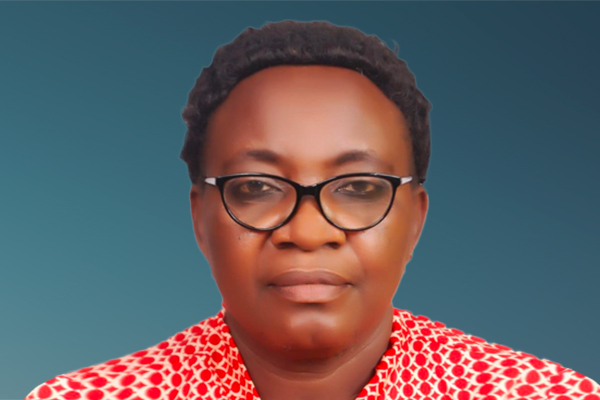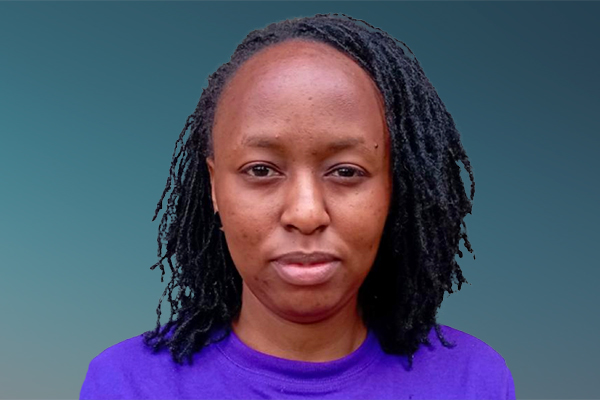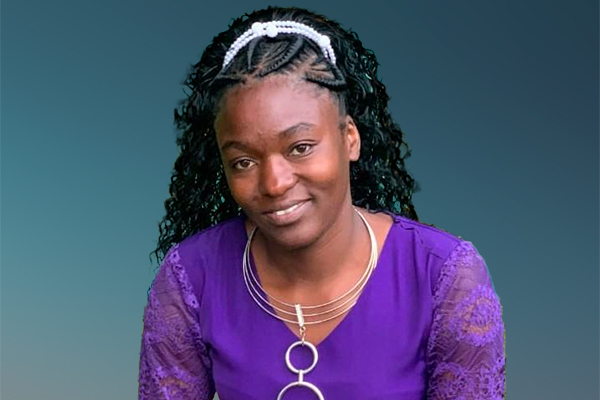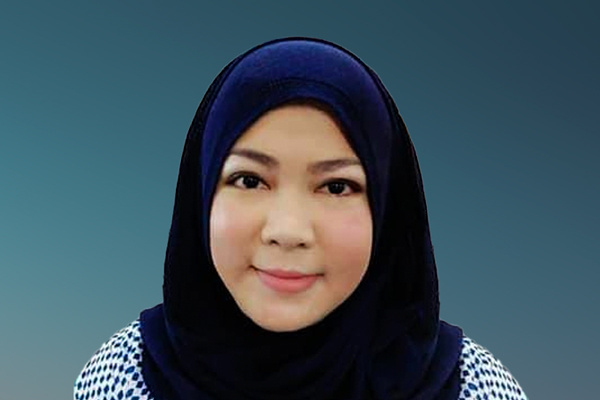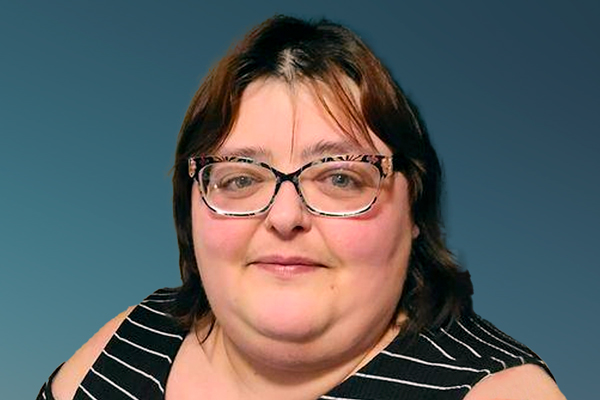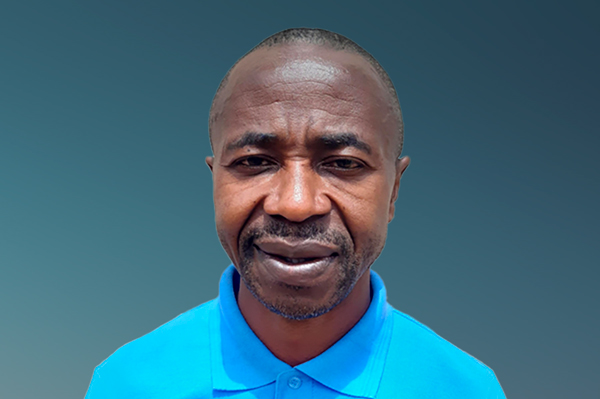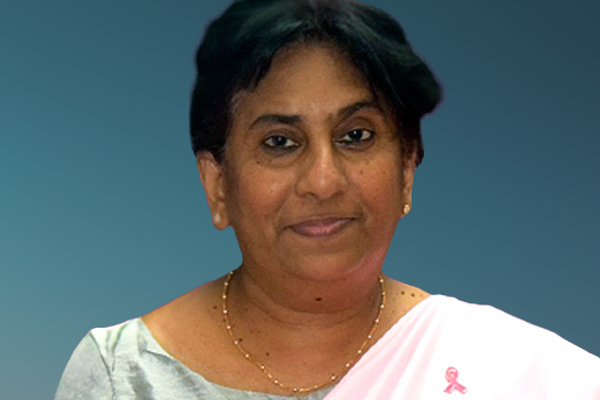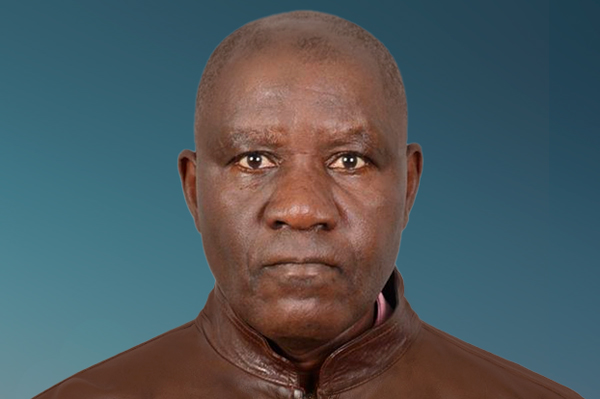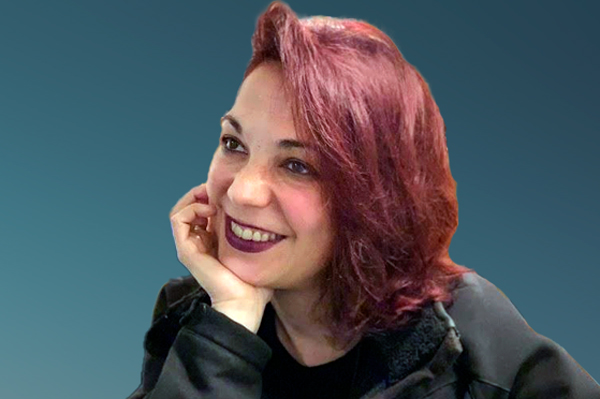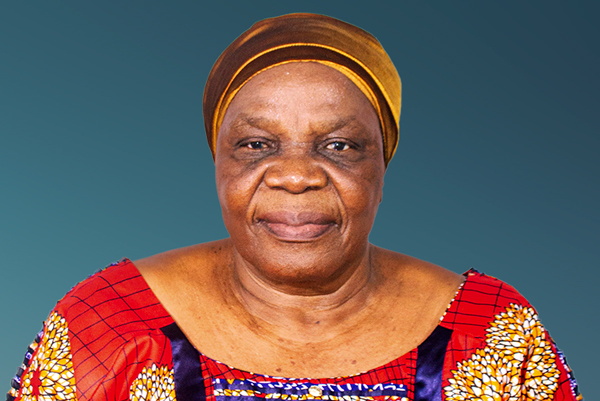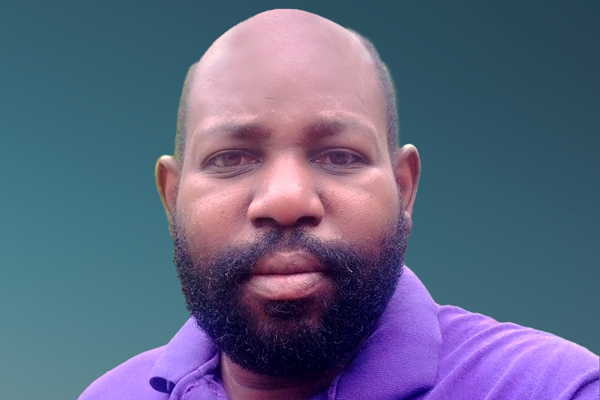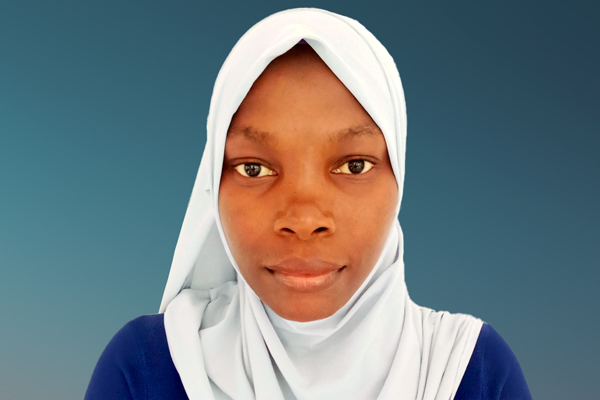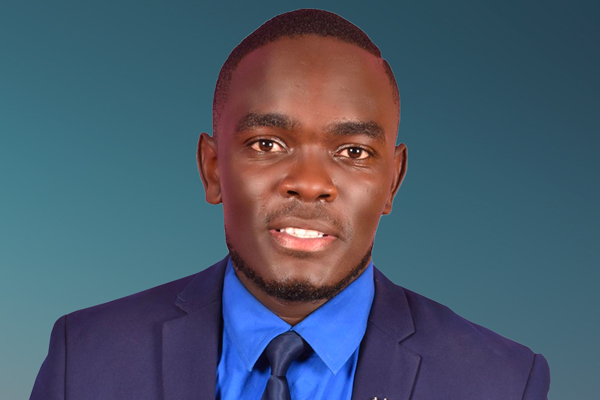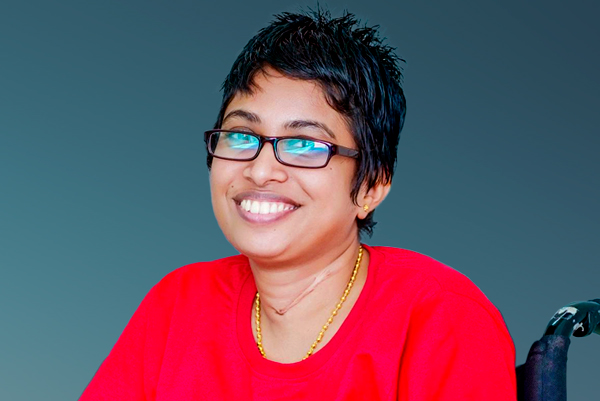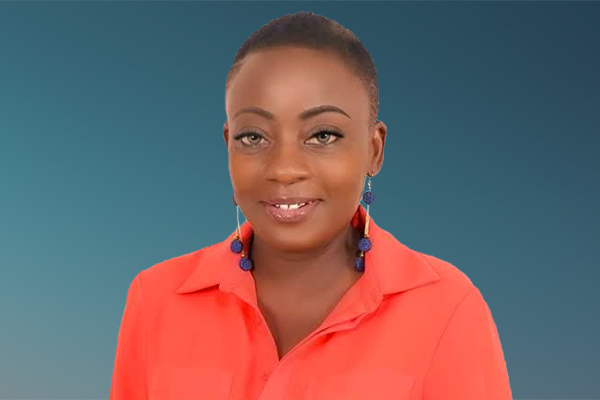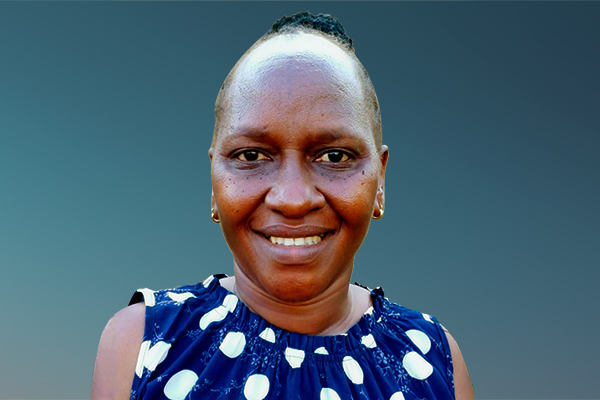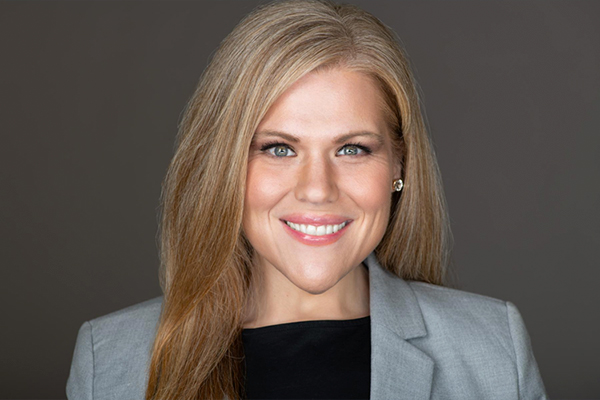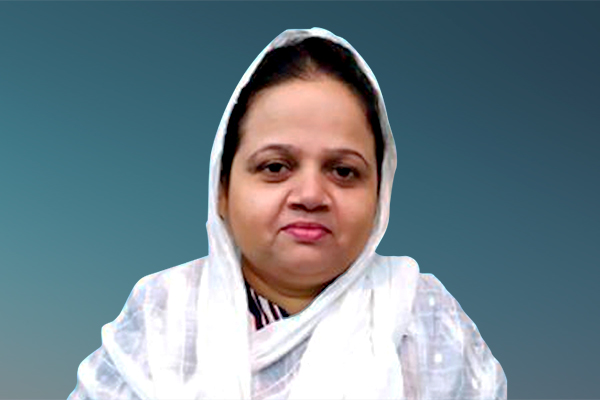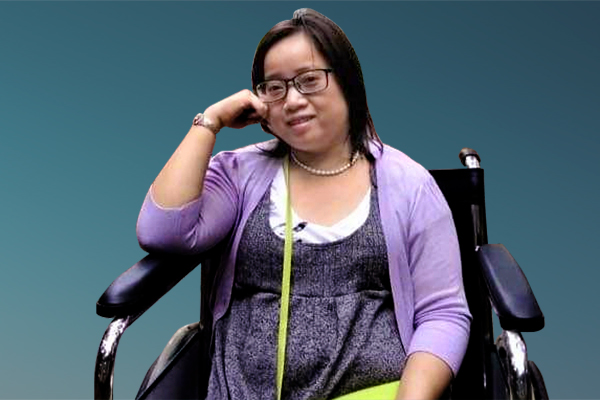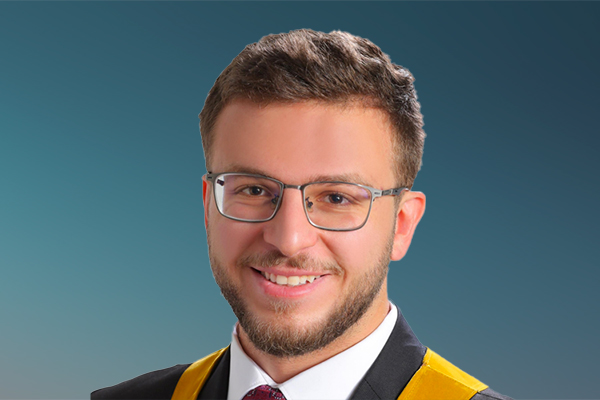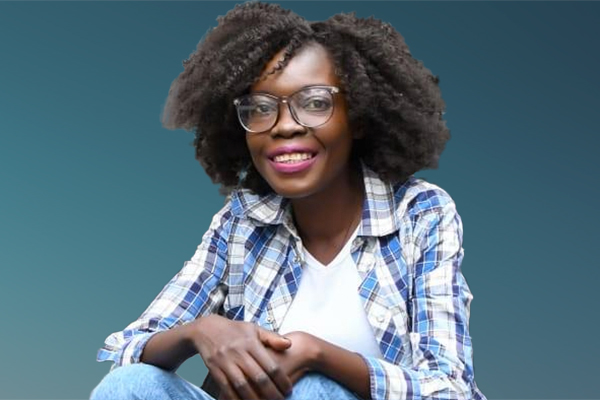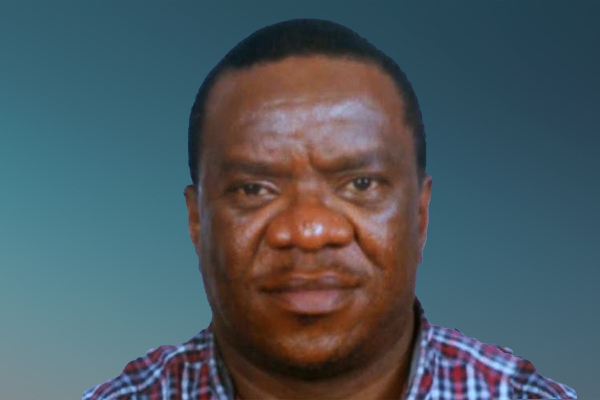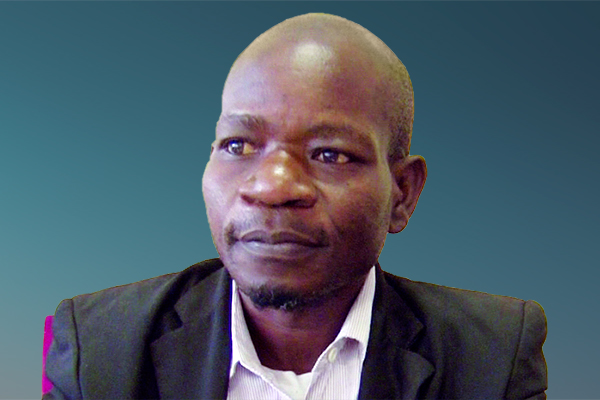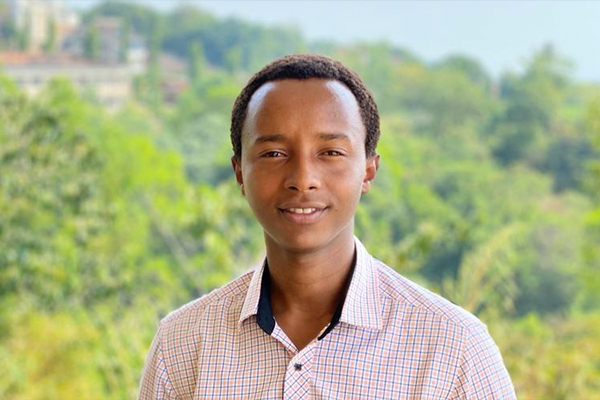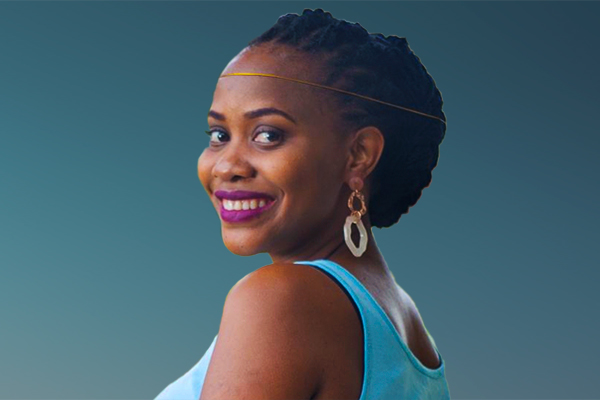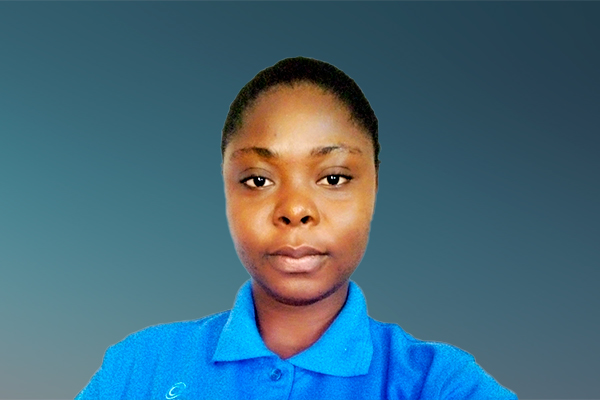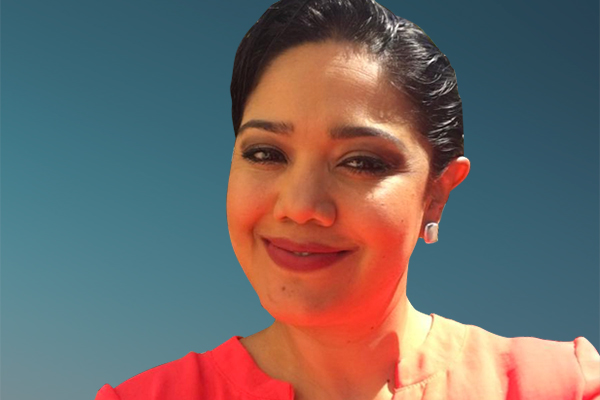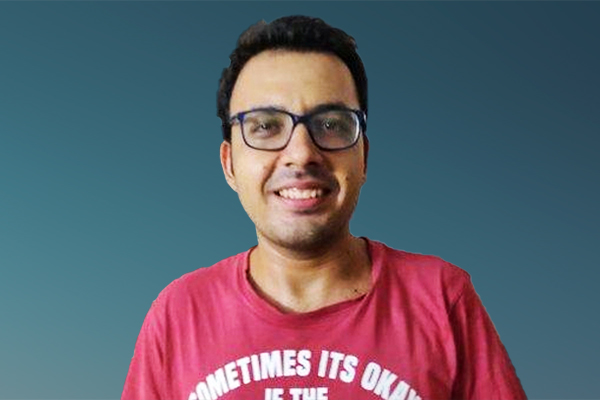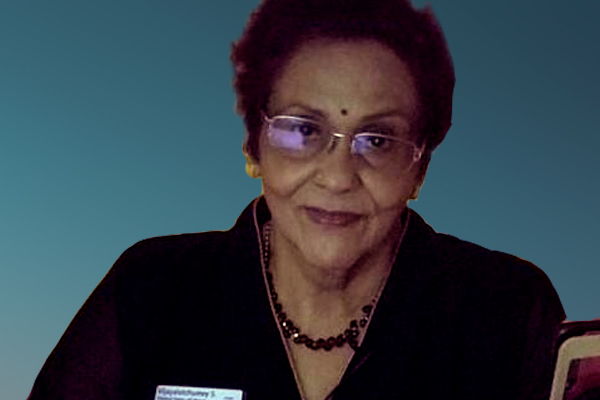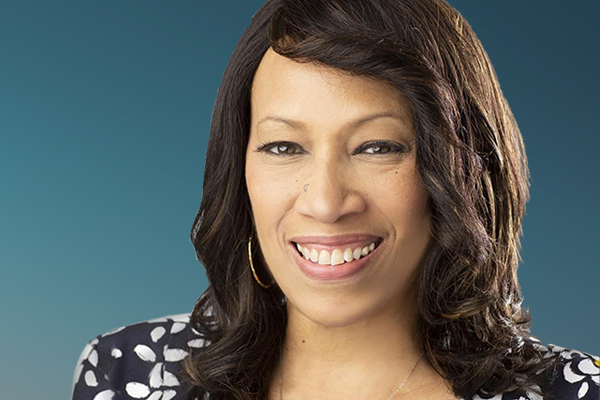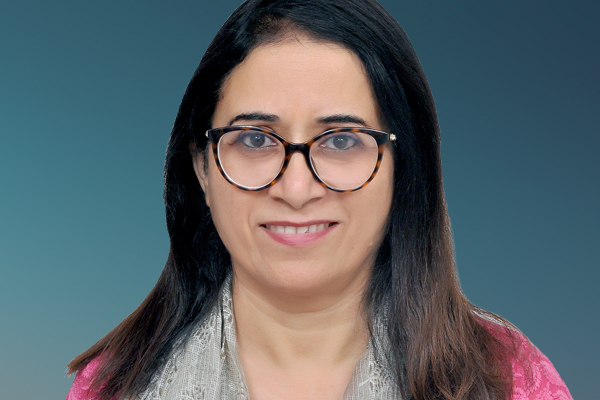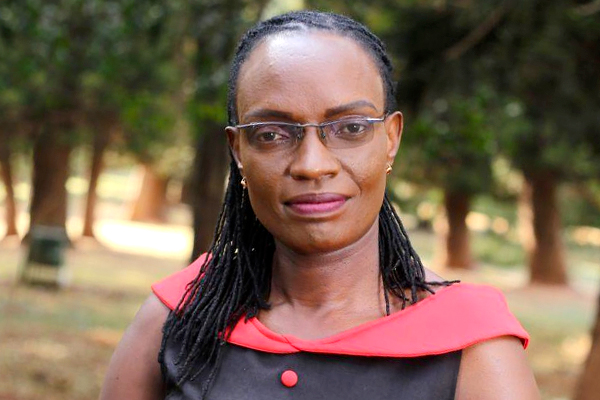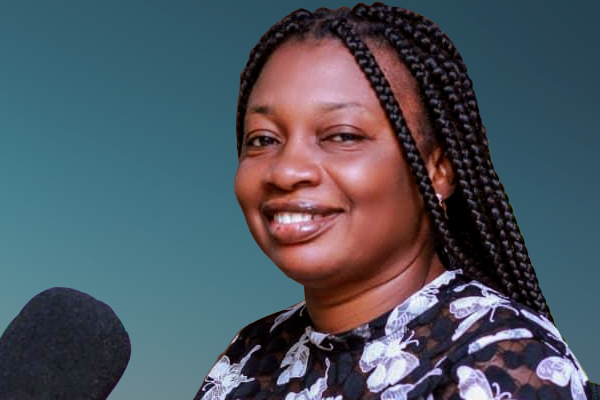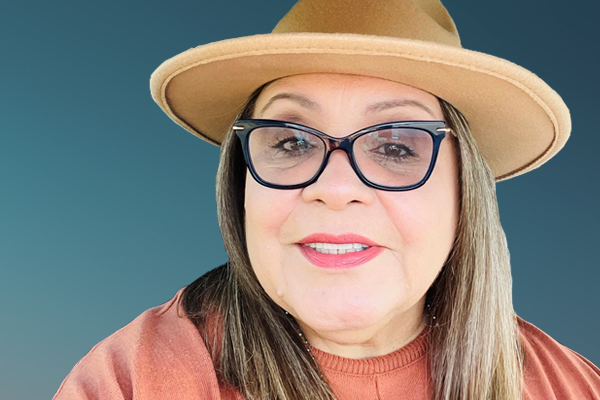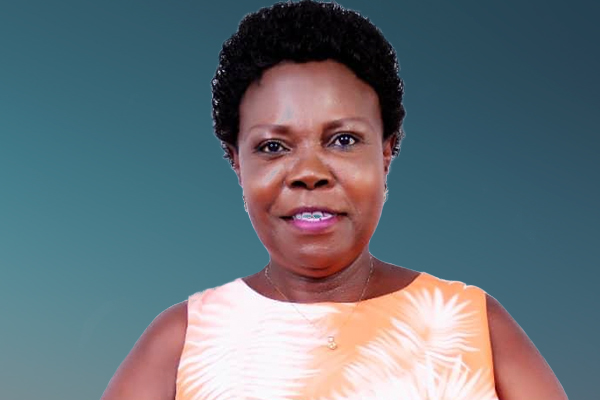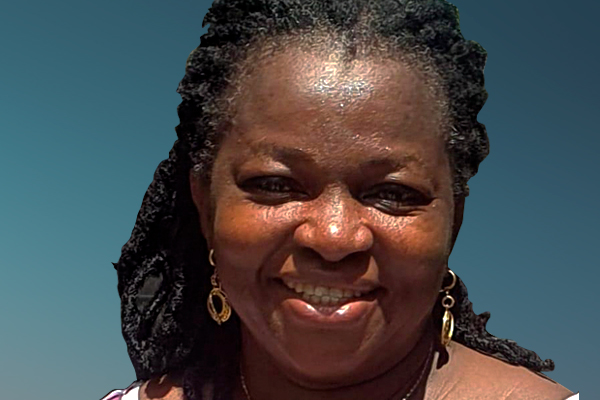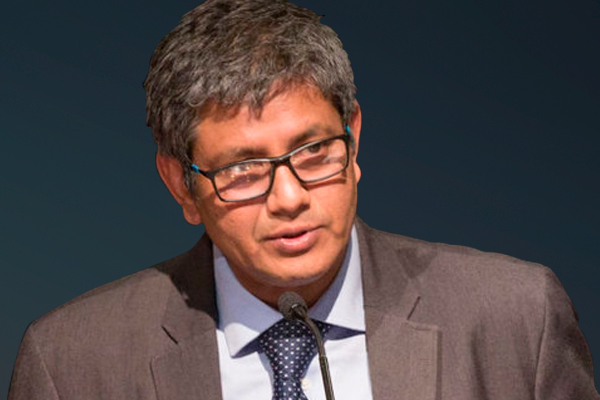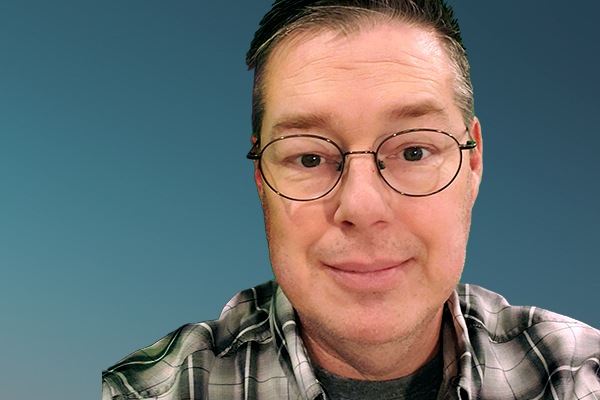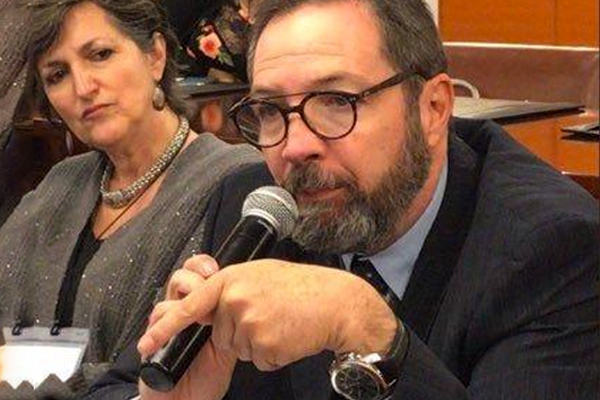My name is Jaime Barba, I'm from México. 9 years ago, I was diagnosed with chronic obstructive pulmonary disease from my more than 30 year addiction to tobacco. I participate as an ex-smoker raising my voice so that more people stop smoking and fewer young people start their addiction to nicotine.
I'm sharing my story because I think it's important for people to live healthy lives; that like me, all people living with a noncommunicable disease have the best possible care and attention, that our experience serves to be heard by the authorities and be able to influence public policies on prevention and care for all.
28 May 2021
Living with the shadow of COVID-19 with COPD
The dreaded third wave of COVID-19 did not make it to Mexico. We have been living a pandemic for 14 months that we do not understand, that terrifies us, and that has immobilized us voluntarily or involuntarily.
I smoked for 32 years before quitting. As a consequence of my addiction, I was diagnosed 9 years ago with Chronic Obstructive Pulmonary Disease (COPD 2). I am an outpatient of the National Institute of Respiratory Diseases in Mexico City, which COVID turned into the National Center for Attention to the Pandemic. My check-ups and any support in case of an emergency disappeared one day 14 months ago. Today I still do not have a hospital to go to - if my COPD worsens, or the COVID returns, there is no place where I can be treated.
My parents died from their addiction to tobacco, my mother at 48 from pneumonia that her lungs could not withstand. My dad spent 6 years on a respirator, getting worse until he died 2 years ago.
As I work on my own, without medical insurance, I have to pay for the consultations and medicines. Without secure income, without a hospital and with many medicines out of stock, the situation is critical.
In October my wife and I tested positive for COVID-19. Although our symptoms were mild and my respiratory system did not affect me, I had other affectations, mainly kidneys and prostate that are still under treatment. When we were positively diagnosed, it was distressing not to have guaranteed care in case it became complicated and hospitalization was necessary.
The hardest thing has been the mental battle. Since the COVID-19 pandemic began, we have been on the razor's edge between remaining confined and trying to generate resources to survive. I have suffered insomnia, sometimes even panic attacks with chest pain and shortness of breath, and gastritis and colitis are normal.
Ex-smokers, people with a lung disease, are the most vulnerable to complications from COVID-19. Some ex-smoker friends or those with an NCD have died, some due to COVID-19, some due to lack of care or medicines to treat their chronic disease, and others who freeze and panic when they arrive at a hospital for fear of contagion, being intubated and not surviving.
Paradoxically, the pandemic has brought us closer to people with NCDs. Through calls, video conferences and chats, we are increasing and strengthening our support networks.
In the next entry I will tell you how we do it.
30 June 2021
And life must go on
In my previous post, I talked about how we have been for the last 14, now 15 months, since the pandemic began. And our struggle continues, there is much to do, we must move, we must increase the pace because life must go on.
In Mexico, during the pandemic, there were an estimated half a million deaths above the average. Of those “excess deaths”, at least 130,000 died without having COVID‑19. How many are due to the lack of medicine? Undetected disease? Postponed surgery? Lack of treatment? Lack of a hospital bed?
We know that our prognosis will be serious or very serious if we get COVID‑19 and paradoxically, now that we are more visible, we have fewer health services as public medical care is practically limited to patients with COVID‑19. There are shortages of medicines, oxygen tanks and concentrators. It is difficult to obtain a specialised medical consultation.
As people with non‑communicable diseases, we must say loudly: ENOUGH! No more! We want sufficient health care for all!
People who live with NCDs informally and spontaneously form support networks to help. Someone needed an oxygen tank and another had an unused one, so lent it to them. The need of some and the disposition of others leads us to get what is necessary and optimize the use of the available equipment and drugs that have risen in price or are out of stock. WhatsApp groups are the main channel for exchanging inputs and information quickly. We do videoconferences and promote participation in some that seem relevant, we see each other there, we talk. Many times, they serve as therapy since we need to keep in touch and seeing each other through virtual channels is comforting.
We have met with people with other NCDs, we have supported parents of children with Attention Deficit Hyperactivity Disorder (ADHD) in Mexico. As members of civil society we press for the approval of a stronger law for tobacco control, ready for a vote in the Senate of the Republic.
Unfortunately, for us who live with an NCD, much more needs to be done.
We deserve a health system that puts people at the center of everything, that respects our dignity and fulfills the right to health for all.
19 August 2021
You and I, together let's promote change
The COVID-19 pandemic continues, with the Delta variant responsible for the third wave that is striking around the world. There is hope because more and more of us are vaccinated, and studies show that getting the vaccine reduces the risk of transmission and the severity of the disease.
And the unvaccinated? What will happen to people living with NCDs who are unvaccinated? To those who live in countries without access to vaccines? In my country, vaccinations are given according to age – from old to young – unless you are a doctor working in the private sector. This means that people living with NCDs, despite being the most vulnerable, must wait our turn. This is equality but not equity, since prioritising vaccinations for people living with NCDs would significantly decrease preventable deaths.
In my last NCD Diary entry, I talked about support networks that were created spontaneously to help us get oxygen and medicines. The challenges now is to level up. We must unite to demand the right policies from decision makers.
As members of the NCD Alliance Our Views Our Voices initiative, Mexico SaludHable and CLAS are working on a Letter of Meaningful Participation of People Living with NCDs, to be published during the 2021 Global Week for Action on NCDs in September. The fight continues, and there is much to do, now more urgently than ever. If one thing is clear, it is that COVID-19 has changed the world, and when this pandemic ends we will be in a different reality.
Imagine, we who live NCDs, that we want a New World.
As health systems rebuild from the aftermath of the pandemic, we demand from the authorities a Health System that:
- Puts people living with NCDs at the center of everything and respects our dignity.
- Promotes healthy habits, and implements preventive campaigns and strong laws against harmful industry.
- Guarantees access to quality health services for all.
- Covers and prevents the catastrophic expenses that an NCD causes.
- Has sufficient resources that are used effectively and efficiently.
Let's work together to drive change towards the post-COVID-19 World we want!
NCD Diaries
Nine years ago, I was diagnosed with chronic obstructive pulmonary disease from my more than 30-year addiction to tobacco. As ex-smokers and people with a lung disease are among the most vulnerable to COVID-19 complications, the anxiety and lack of access to care has meant the COVID-19 pandemic has been challenging. I raise my voice to combat the issue of addiction to tobacco and for the Mexican health system to build back stronger to provide the necessary services for people living with NCDs.
Jaime Barba, lived experience of chronic respiratory disease, Mexico
About NCD DIARIES
The NCD Diaries use rich and immersive multimedia approaches to share lived experiences to drive change, using a public narrative framework.

